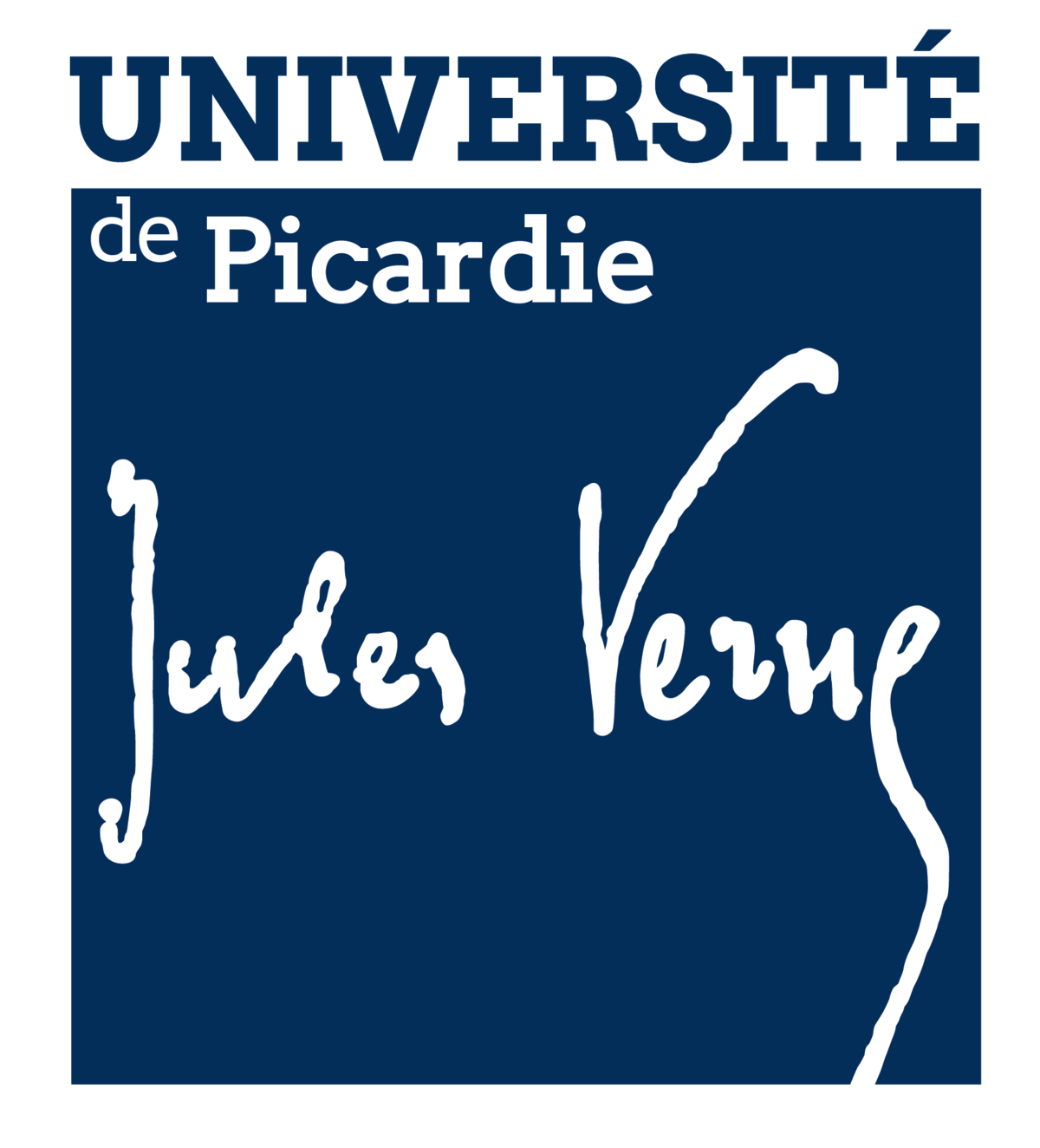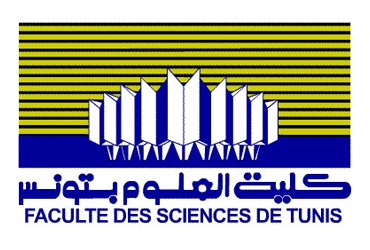Pr. Chiheb BOUDEN
National School of Engineers of Tunis (ENIT), Tunisia.
Tunisia Fossil fuel production is in recession. The country became a net importer since 2000. The energy deficit of the country is increasing every year. 97% of the electricity production is relying on Gas which is half produced locally and half imported from Algeria while only 3% comes from renewables (mainly wind). Due to economic and social reasons, the electricity is largely subsidized. The total energy subsidy is a heavy burden on the country budget. The energy demand is supposed to be multiplied by 02 in 2030; this will have serious consequences on the country budget and will influence the trade balance.
A solar plan has been established, it aims to provide 30% of the electricity needs from renewables at the horizon 2030. This measure has to be accompanied by the introduction of a large scale storage system and a reliable grid interconnection. In parallel a large energy conservation program has to be consolidated and carefully implemented. The selection of the technologies has to be chosen according to technical and economic criteria. Social aspects have to be also considered this includes job creation, technology integration, regional development …etc.
The Electricity system in Tunisia has been modelled using the open source code OSeMOSYS. Different Scenarios for the integration of Renewable Energy in the electricity production system have been investigated. The model took in consideration economic, technical and social aspects.
Through our Keynote, a presentation of the energy situation in Tunisia will be given, as well as an outlook of the solar plan at the horizon 2030. The OSeMOSYS simulation results including future insights will be presented. It includes: (I) government inquiries (evolution of the demand, the needed installed capacity, the technologies, …), (II) economic impacts such as the evolution of the price, the impact on the trade balance and on the budget, (III) social considerations such as technology integration, development of the industry, job creation …etc.
Chiheb BOUDEN is professor at the National School of Engineers of Tunis (ENIT) where he was successively research engineer, associate Professor and then full Professor in fields pertaining to renewable energy, modelling and simulation of energy systems, instrumentation for engineers and energy conservation in buildings. Chiheb BOUDEN graduated in 1984 with a civil engineering diploma from Ecole Nationale d’Ingénieurs de Tunis (ENIT), a Diplôme d’Etudes Approfondies in Solar Energy from Paris-Diderot University in 1985 and a (Doctorat) in Physics and Energy from the same university in 1989.
He has directed a wide range of research projects supported by the Tunisian Ministry in charge of Scientific Research, the Tunisian Energy Agency in Tunisia as well as industry. He also contributed to many international collaborative research projects including universities from France, Spain, U.K. and Greece and coordinated the Tunisian groups for at least 4 European funded research projects (FP6 and FP7). The most relevant fields are: solar energy conversion and solar energy systems, bioclimatic and solar architecture, human thermal comfort, energy conversion in buildings and solar energy applications in agriculture and industry. He authored and co-authored numerous scientific publications in these areas. He has been repeatedly visiting professor and research fellow at several universities in Europe and in the United States of America.
Prof. BOUDEN is very active in the community work and in civil society; he is fellow of many scientific societies and took many responsibilities in National and International Associations. At the level of higher education management, he held the position of Head of the Industrial Engineering Department of ENIT then Director General of the National School of Engineers of Tunis (ENIT) from 2008 to 2014. In 2014, he was nominated as Director General of Higher Education in the Ministry of Higher Education and Scientific Research. He was appointed as Minister of Higher Education and Scientific Research form February 2015 to August 2016.



















